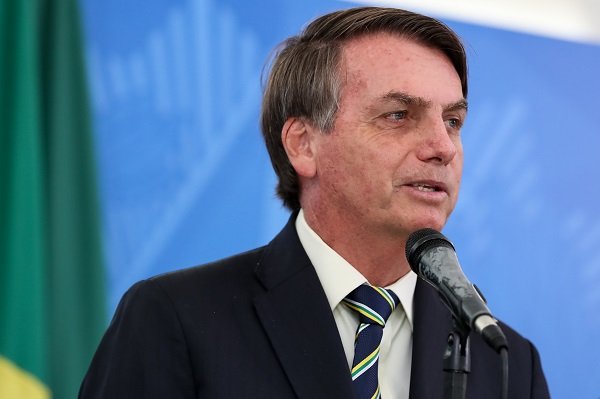This Content Is Only For Subscribers
To unlock this content, subscribe to INTERLIRA Reports.
The Christmas pardon signed by former President Jair Bolsonaro on 22 December can benefit thousands of people convicted of a series of crimes in Brazil, such as simple theft, scams, receiving and illegally carrying firearms.
Public defenders and jurists were surprised by one of the articles of Decree 11.302. This is Article 5, which states that “a Christmas pardon will be granted to persons convicted of a crime whose maximum deprivation of liberty, in abstract, does not exceed five years.” That is, the president benefited all those sentenced to prison for non-violent crimes whose maximum sentence provided for in the Penal Code is less than five years of imprisonment or detention.
The decree is being labeled by some experts as the most “beneficial” pardon signed by a President in recent decades. After the presidential decision, each case will be analyzed individually by the judge of criminal executions based on a request for criminal review made by lawyers and defenders, which should happen in the coming months. Another point also drew attention: Bolsonaro’s pardon benefits convicts sentenced to imprisonment even if they have not served any part of the punishment, something seen as unprecedented in the recent history of Christmas pardons.
Bolsonaro included in the decree the pardon of “police officers convicted, albeit provisionally, of a crime committed more than 30 years ago and which was not considered heinous at the time”. These provision benefits police officers convicted of the Carandiru massacre in October 1992, when 111 prisoners were killed during an invasion by the São Paulo Military Police of the Casa de Detenção do Carandiru, where prisoners had rebelled. This generated controversy and criticism from human rights activists.
Attorney General goes to the Supreme Court
The Attorney General of the Republic, Augusto Aras, called the Federal Supreme Court on Tuesday (27/12) against the decree of former President Jair Bolsonaro that granted pardons to convicts, including the military police of the Carandiru massacre, in São Paulo. Aras asks the court to immediately suspend the effectiveness of a section of the rule, as a way to avoid emptying the dozens of convictions in the case.
Our Analysis:
According to lawyers, the pardon is a prerogative of the President of the Republic; it is a political act by the President, and not by law. Therefore, it must be evaluated politically. In principle, the President has complete freedom to grant the pardon. By law, it just cannot contemplate heinous crimes; drug trafficking, terrorism and torture. According to defenders and jurists, one of the points of the decree may generate dispute in the STF is that the benefit is intended for those sentenced to “deprivation of liberty” (prison) and not to those sentenced to “restricting rights penalties”, such as the provision of services to the community — punishment normally applied to first-time offenders. Thus, the decree benefits recidivists to the detriment of first offenders. David Teixeira de Azevedo, professor of Criminal Law at the University of São Paulo, believes that Bolsonaro’s pardon will fulfill the role of unburdening the Judiciary for the crimes contemplated. For him, the purpose was to establish a policy so that those who committed serious crimes remain incarcerated. What some experts understand as necessary in Brazil, since we have the third largest prison population in the world. According to the Brazilian Yearbook of Public Security, Brazil has 815,000 people incarcerated, second only to the United States and China.




